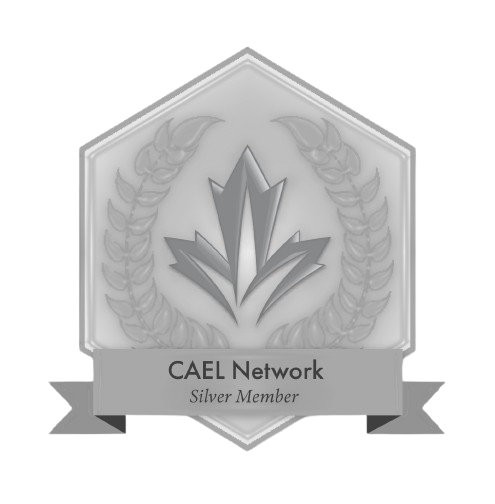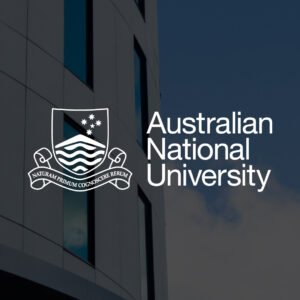Employer Nomination Scheme Subclass 186 FAQ
Employer Nomination Scheme Subclass 186 FAQ Read More »


Copyright ©2025 GIEC GLOBAL All rights reserved | Developed by Digimark Online Services Pty. Ltd
Connect with GIEC Global India
Best Study Visa & Immigration Consultant in Delhi

Get FREE Counselling Today!
Enter your details, and our expert will contact you to discuss your visa service.


2. University Of Tasmania

3. DEAKIN University

4. The University of Sydney

GIEC GLOBAL INDIA is the Best Canada jobs consultants in Delhi India. We have Mechanic jobs for you in Canada.
We have Pre Approved Canadian LMIA for Mechanic.
There are other opportunities as well, contact us – + 91 828 7070 528 / 8766250041
Requirements:
IELTS: 5.5 score minimum
Education: 12th Pass minimum
Experience: 2-year minimum

GIEC GLOBAL INDIA is the Best Canada jobs consultants in Delhi India.
GIEC GLOBAL INDIA is the Best Canada jobs consultants in Delhi India. We have Housekeeping jobs for you in Canada.
We have Pre Approved Canadian LMIA for Housekeeping.
There are other opportunities as well, contact us – + 91 828 7070 528 / 8766250041
Requirements:
IELTS: 5.5 score minimum
Education: 12th Pass minimum
Experience: 2-year minimum

GIEC GLOBAL INDIA is the Best Canada jobs consultants in Delhi India. We have aged care worker jobs for you in Canada.
We have Pre Approved Canadian LMIA for aged care workers.
There are other opportunities as well, contact us – + 91 828 7070 528 / 8766250041
Requirements:
IELTS: 5.5 score minimum
Education: 12th Pass minimum
Experience: 2-year minimum

GIEC GLOBAL INDIA is the Best Canada Baker work consultants in Delhi India.
We have Pre Approved Canadian LMIA for Baker.
There are several opportunities for Baker in Canada and other professions as well
Requirements:
IELTS: 5.5 score minimum
Education: 12th Pass minimum
Experience: 2-year minimum

GIEC GLOBAL INDIA is the Best Canada Bookkeeper work consultants in Delhi India.
We have Pre Approved Canadian LMIA for Bookkeepers.
There are several opportunities for Bookkeeper and other professions in Canada
Requirements:
IELTS: 5.5 score minimum
Education: 12th Pass minimum
Experience: 2-year minimum

GIEC GLOBAL INDIA is the Best Canada Accountant work consultants in Delhi India.
We have Pre Approved Canadian LMIA for Accountants.
There are several opportunities for advancement within accounting and other professions.
Requirements:
IELTS: 5.5 score minimum
Education: 12th Pass minimum
Experience: 2-year minimum

GIEC GLOBAL INDIA is the Best Canada Chef work consultant in Delhi India.
We have Pre Approved Canadian LMIA for Chefs.
We provide the best opportunity for Chef and get an open work permit for dependents.
Requirements:
IELTS: 5.5 score minimum
Education: 12th Pass minimum
Experience: 2-year minimum

GIEC GLOBAL INDIA is the Best Canada Agriculture work consultant in Delhi India.
We have Pre Approved Canadian LMIA for Farmers.
We provide the best opportunity for farmers in Canada.
Requirements:
IELTS: Not required
Education: Not required
Experience: Not required

GIEC GLOBAL INDIA is the Best Canada Truck Driver work consultant in Delhi India.
We have Pre Approved Canadian LMIA for truck drivers.
We provide the best opportunity to truck drivers in getting Canadian PR. (Canada PR for Truck Drivers)
Requirements:
IELTS: 5.5 score minimum
Education: 12th Pass minimum
Experience: 2-year minimum
Kindly fill out this form for more info!! 









